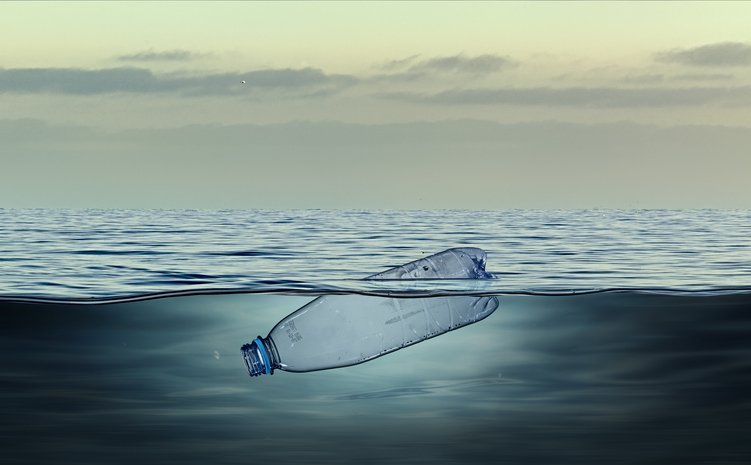Yesterday (02 March), 175 nations endorsed a historic resolution to end plastic pollution and forge an international legally binding agreement by 2024.
The resolution, endorsed by heads of state, ministers of environment and other representatives at the UN Environment Assembly (UNEA-5) in Nairobi, addresses the full lifecycle of plastic, including its production, design and disposal.
‘Against the backdrop of geopolitical turmoil, the UN Environment Assembly shows multilateral cooperation at its best.
‘Plastic pollution has grown into an epidemic. With today’s resolution we are officially on track for a cure.’
ESPEN BARTH EIDE
President of UNEA-5 and Norway’s Minister for Climate and the Environment
Finding alternatives to plastic
The resolution, based on three initial draft resolutions from various nations, establishes an Intergovernmental Negotiating Committee (INC).
The committee will begin its work in 2022, with the ambition of completing a draft global legally binding agreement by the end of 2024.
It is expected to present a legally binding instrument, which would reflect diverse alternatives to address the full lifecycle of plastics, the design of reusable and recyclable products and materials and the need for enhanced international collaboration to facilitate access to technology, capacity building and scientific and technical cooperation.
‘Today, global leaders sitting in Nairobi heard the millions of voices around the world who are demanding an end to the plastic pollution crisis. This is a clear acknowledgment that the entire lifecycle of plastic, from fossil fuel extraction to disposal, creates pollution that is harmful to people and the planet.
‘This is a big step that will keep the pressure on big oil and big brands to reduce their plastic footprint and switch their business models to refill and reuse. Until a strong global treaty is signed, sealed, and delivered, Greenpeace and its allies will keep pushing for a world free of plastic pollution, with clean air and a stable climate.’
GRAHAM FORBES
Global Plastic Project Lead at Greenpeace USA
A ‘triumph’ over single-use plastics
The UN Environment Programme (UNEP) will convene a forum by the end of 2022 that is open to all stakeholders in conjunction with the first session of the INC, to share knowledge and best practices in different parts of the world.
It will facilitate open discussions and ensure they are informed by science, reporting on progress throughout the next two years.
Finally, upon completion of the INC’s work, UNEP will convene a diplomatic conference to adopt its outcome and open it for signatures.
‘Today marks a triumph by planet Earth over single-use plastics. This is the most significant environmental multilateral deal since the Paris accord. It is an insurance policy for this generation and future ones, so they may live with plastic and not be doomed by it.
‘Let it be clear that the INC’s mandate does not grant any stakeholder a two-year pause. In parallel to negotiations over an international binding agreement, UNEP will work with any willing government and business across the value chain to shift away from single-use plastics, as well as to mobilise private finance and remove barriers to investments in research and in a new circular economy.’
INGER ANDERSEN
Executive director of UNEP
 Play Video about This Rock Might Just Save The World
Play Video about This Rock Might Just Save The World Play Video about Play 2 hours of rock
Play Video about Play 2 hours of rock Play Video about Play 2 hours of brook
Play Video about Play 2 hours of brook Play Video about Play 2 hours of sheep
Play Video about Play 2 hours of sheep











































